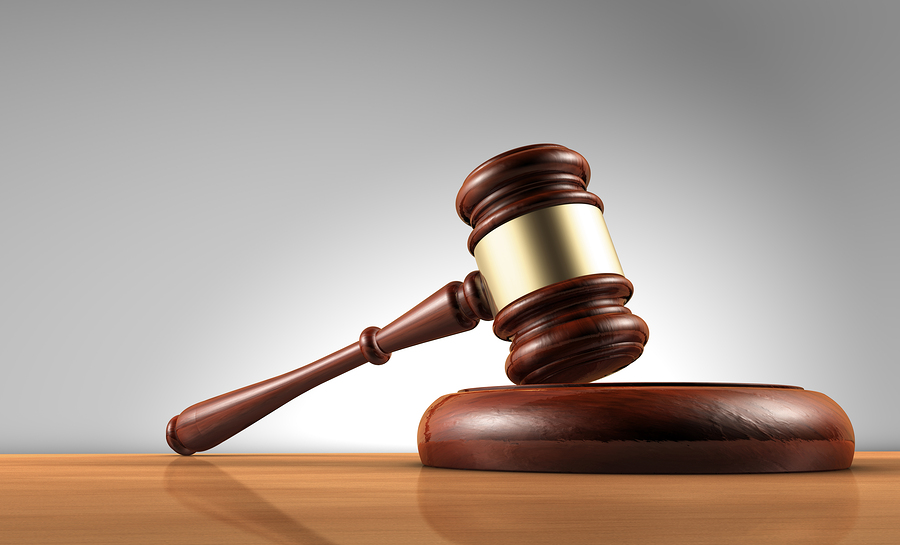 When contaminants are released into the air, water or soil, a large number of people may be affected. These legal cases are often difficult because many victims may be impacted but to varying degrees. Some people may have only suffered property damage while others may have suffered debilitating illnesses or even death. Using mediation to resolve these claims is often a prudent decision for all parties involved.
When contaminants are released into the air, water or soil, a large number of people may be affected. These legal cases are often difficult because many victims may be impacted but to varying degrees. Some people may have only suffered property damage while others may have suffered debilitating illnesses or even death. Using mediation to resolve these claims is often a prudent decision for all parties involved.
If litigated, cases of this nature often take the form of a class action. Such claims can be extremely long, potentially outlasting the lives of some of the parties involved. Further delays may be experienced by the parties as they go through the process of certifying the class. The costs of litigating these cases can often be exorbitant, potentially financially crippling the defendant and leaving many of the plaintiffs with little recovery after legal fees and costs.
Mediation tends to provide a more efficient manner to resolve such claims. Years of litigation can be condensed into one or a few mediation sessions. Mediation also allows an individualized approach. Key claimants can determine how different victims will be compensated. For example, a tiered approach may be agreed upon, allowing for greater compensation to individuals who were impacted to a greater extent. Additionally, individualized solutions regarding compensation payments may also be determined, such as providing lump-sum payments to some claimants and periodic payments to others. In mediation, specific criteria may also be used to determine the level of damages that a claimant is entitled to. This process may result in some claimants being required to submit medical documentation that supported their claim for damages; while others may receive automatic payment based on the defendant’s admission that contamination occurred within a certain radius.









 Land use refers to zoning laws and other laws that regulate the use and development of real property. Zoning is the most common form of regulation of this area and is utilized by municipalities in order to control how property is maintained and developed. Zoning laws usually indicate which areas of the municipality that will be considered residential, commercial or industrial areas. Such laws help to protect the value of properties and ensure that areas are optimized for their intended use.
Land use refers to zoning laws and other laws that regulate the use and development of real property. Zoning is the most common form of regulation of this area and is utilized by municipalities in order to control how property is maintained and developed. Zoning laws usually indicate which areas of the municipality that will be considered residential, commercial or industrial areas. Such laws help to protect the value of properties and ensure that areas are optimized for their intended use. When an individual loses a case, he or she may make the decision to appeal it. Many individuals view this as a second chance to win. However, the appellate process is very different from the trial process.
When an individual loses a case, he or she may make the decision to appeal it. Many individuals view this as a second chance to win. However, the appellate process is very different from the trial process.